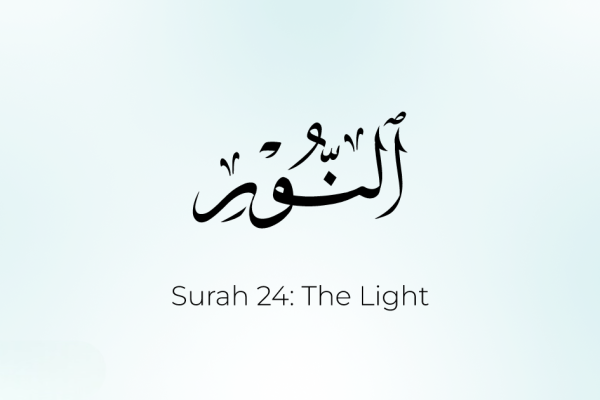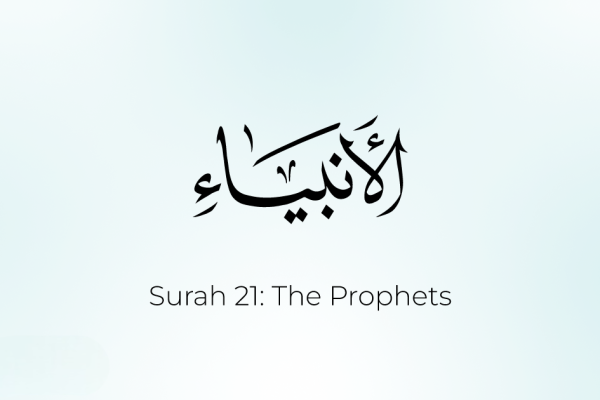
Surah Ash-Shu’ara: The Poets, Ethics, and Divine Justice
Discover the profound moral and spiritual lessons of Surah Ash-Shu’ara (The Poets). Learn about the stories of past prophets, the ethical responsibilities of communication, and the consequences of rejecting divine guidance. Explore these timeless teachings in today’s world.
















